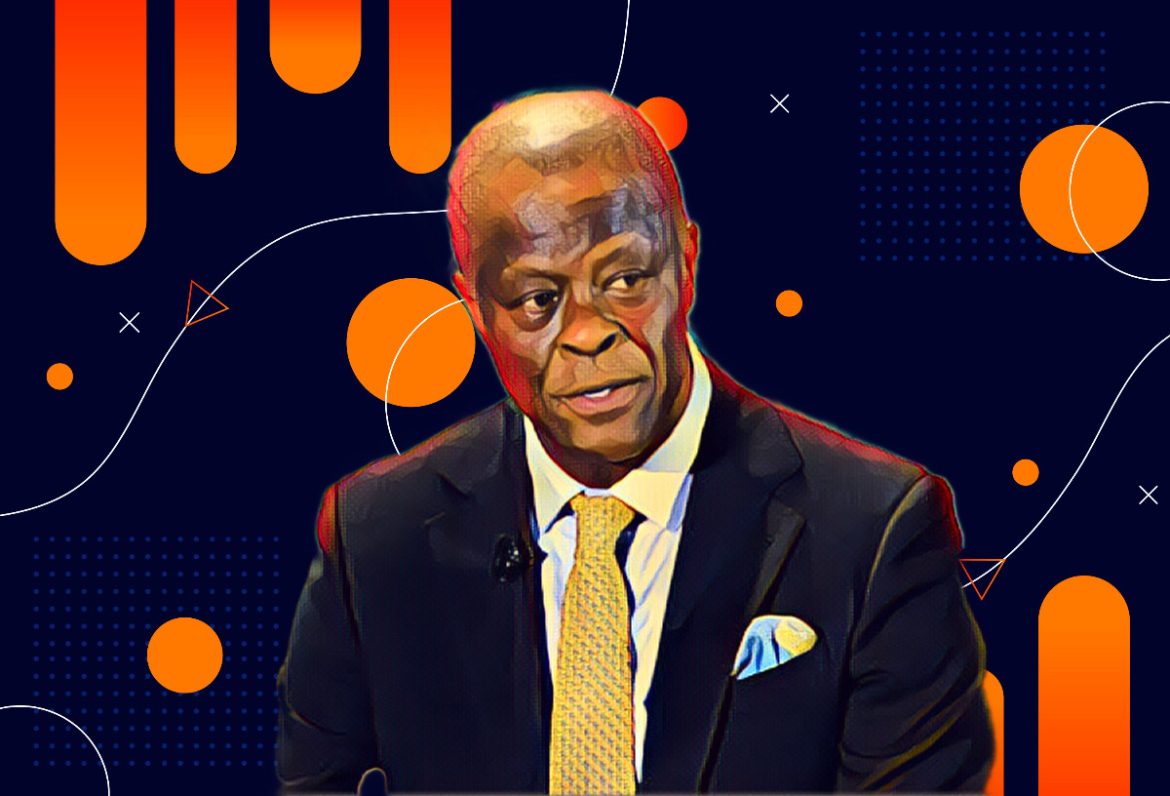Over the past decade, Nigeria has seen a significant decline in Foreign Direct Investments (FDI), with figures dropping by $19 billion, from $22.7 billion in 2014 to a mere $3.7 billion in 2023. This concerning trend was highlighted by Wale Edun, Nigeria’s Minister of Finance and Coordinating Minister of the Economy, during a recent presentation to business leaders at the Lagos Business School Breakfast Club.
Edun’s disclosure comes at a time when Nigeria is grappling with various economic challenges and seeking ways to revitalize its investment landscape. The Lagos Business School Breakfast Club, a monthly meeting designed for C-suite executives, serves as a platform for discussing pertinent economic issues and sharing high-level business intelligence.
During the session, which is scheduled on the first Wednesday of every month, participants, including diplomats, development partners, and government officials, engage in discussions aimed at enhancing their understanding of the current business environment and networking to foster better cooperation.
The minister pointed out the stark decline in FDI over the years: After dropping to $14.4 billion in 2015, investment continued to decrease steadily, reaching as low as $9.8 billion in 2017. Although there was a slight increase in 2018 to $11.9 billion, the figures fell again in the following years, culminating in the current low of $3.7 billion in 2023.
These fluctuations in FDI have coincided with broader economic reforms intended to increase foreign exchange supplies through both Foreign Direct Investments and Foreign Portfolio Investments. Despite these efforts, challenges such as global inflation and high interest rates in Western countries have dampened investor enthusiasm, affecting Nigeria’s ability to attract international funds.
Addressing these issues, Edun announced the government’s plan to issue domestic bonds denominated in foreign currency in the upcoming second quarter. This initiative aims to attract additional foreign exchange inflows to help stabilize the Nigerian currency. This move is particularly targeted at engaging the Nigerian diaspora, encouraging them to invest their savings into the local economy.
Additionally, the Minister of Trade, Industry and Investment, Doris Uuzoka-Anite, reported that during President Bola Tinubu’s first eight months in office, Nigeria attracted $30 billion in investment commitments. However, these investments, which span various sectors, are not immediate cash infusions but are expected to materialize over the next five to eight years, including direct investments in manufacturing facilities and equipment.
Despite these promising commitments, Edun voiced concerns last November at the 40th annual Conference of the Chartered Institute of Directors in Abuja about the diminishing interest from foreign investors due to economic pressures in their own countries. He noted that the Western countries’ focus on combating inflation and maintaining high interest rates has reduced their capacity to invest in developing economies like Nigeria.
The minister stressed that attracting investment is crucial for increasing productivity, growing the economy, creating jobs, and reducing poverty. These goals align with President Tinubu’s economic policies and reflect the government’s broader strategy to not only attract FDI but also to enhance domestic resource mobilization and corporate investments. In summary, as Nigeria confronts these complex economic realities, the government’s proactive measures to woo foreign and domestic investors are pivotal in reshaping its economic landscape and achieving long-term growth and stability.


